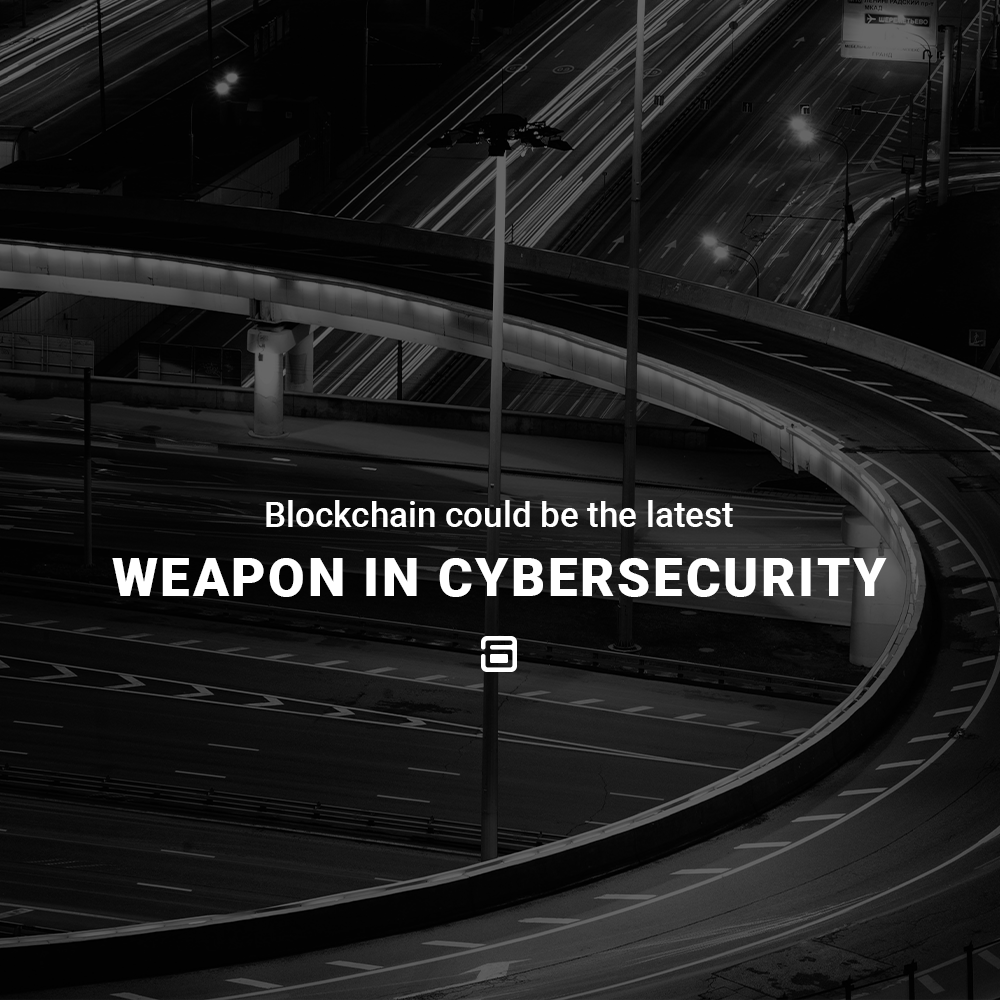Blockchain: The Latest Weapon in Cybersecurity?
by Alt Thirty Six / May 14, 2019 9:49:46 AM
As the digital era increases our vulnerability to cyber attacks, legislators and organizations who are struggling to keep up with cybercrime may get help from an unconventional ally: blockchain technology. Regulatory compliance has become increasingly costly, time consuming and error prone, but the penalties for non-compliance can be even more so. Blockchain security features protect against fraud, cyber crime and terrorist funding. -R$

As the digital era increases our vulnerability to cyber attacks, legislators and organizations who are struggling to keep up with cybercrime may get help from an unconventional ally: blockchain technology.
Typically, financial institutions avoid involvement in criminal transactions through a process known as due diligence, which uncovers information about their consumers’ identities and business dealings. In 2016, the Financial Crimes Enforcement Network (FinCEN) issued new rules under the Bank Secrecy Act, enforcing new due diligence requirements for financial institutions.
“Regulatory compliance has become increasingly costly, time consuming and error prone, but the penalties for non-compliance can be even more so.”
As a result, regulatory compliance has become increasingly costly, time consuming and error prone, but the penalties for non-compliance can be even more so. Companies have already started expanding compliance budgets and staffing because of regulatory changes involving Anti-Money Laundering (AML) and Know Your Customer (KYC) rules.
As part of a client’s risk profile, it is important to go through KYC and AML processes and tax compliance assessments to ensure that your company avoids enabling illegalities like terrorist and criminal financing.
Blockchain Compliance
Blockchain security features protect against fraud, cyber crime and terrorist funding. Blockchain technology (specifically, distributed ledger systems) can revolutionize regulatory compliance by providing basic infrastructure for companies dealing with risk management, making it easier to comply with AML and KYC. By embedding AML and KYC compliance rules into its technology, blockchain makes compliance faster and easier.
AML
AML stands for Anti-Money Laundering, which now works in conjunction with CFT, Countering the Financing of Terrorism. AML is the analysis of consumer transactions to help detect and report suspicious activity that could be related to money laundering and terrorist financing. Financial institutions must have a written AML compliance program that runs in accordance to the rules and regulations under FINRA rule 3310.
KYC
KYC, Know Your Customer, is a verification procedure in which a company learns a client’s identity. KYC processes are part of due diligence and require verification of numerous documents, which can be costly and take 30-to-50 days to complete. By contrast, Bitcoin processes KYC validations in two simple steps: 1) verify phone number; 2) verify personal ID verification
The mobile phone verification process is exactly what it sounds like. The customer receives a text message with a code, and then plugs that code into a webpage that performs the validation.
The second step requires the customer to verify their identity by providing a copy of personal identity (i.e. driver’s license, utility bill, birth certificate or passport). With current technology, verification processes can take anywhere from a few hours to a week to complete, hindering speed and consumer accessibility.
However, with innovations in blockchain technology, we could see significant reductions in time, cost, and effort involved in KYC processes. Even Deloitte is touting the benefits of blockchain, with a recent report stating that blockchain can be useful in “identifying entities attempting to create fraudulent histories…. the data within it could even be analyzed by the banks to spot irregularities or foul play - directly targeting criminal activity.”